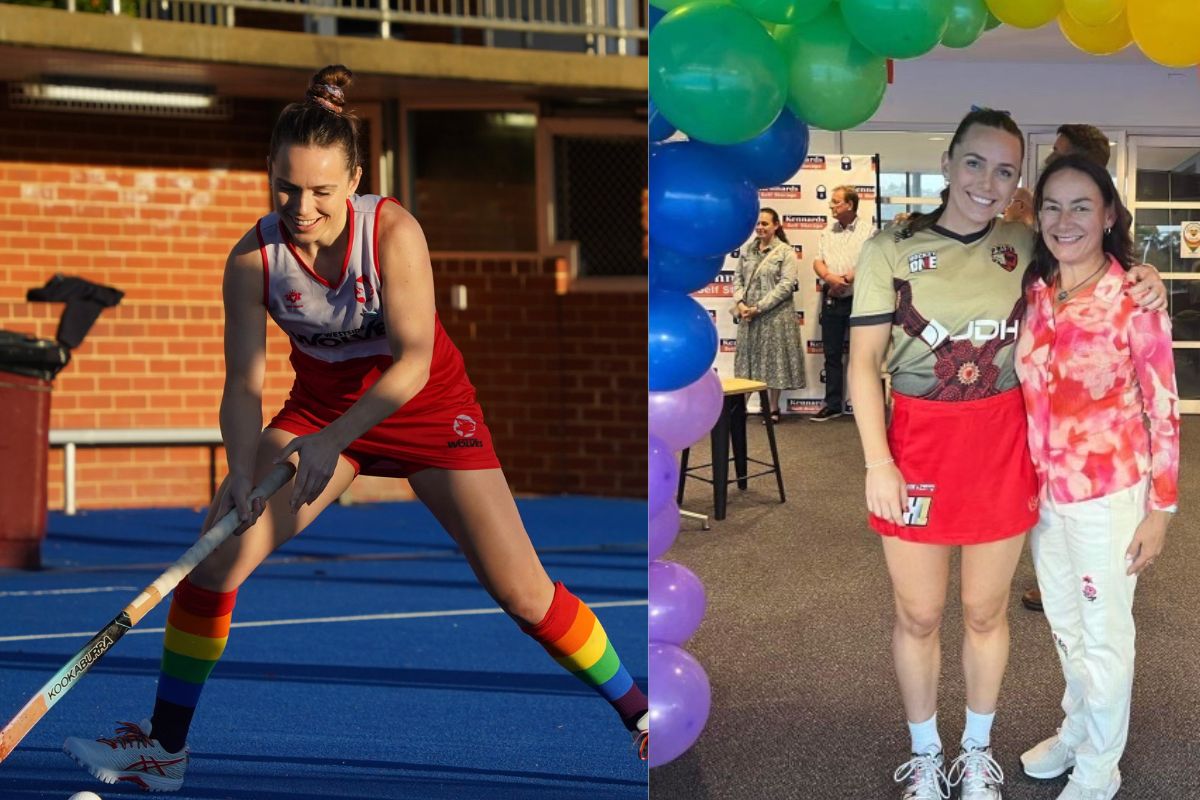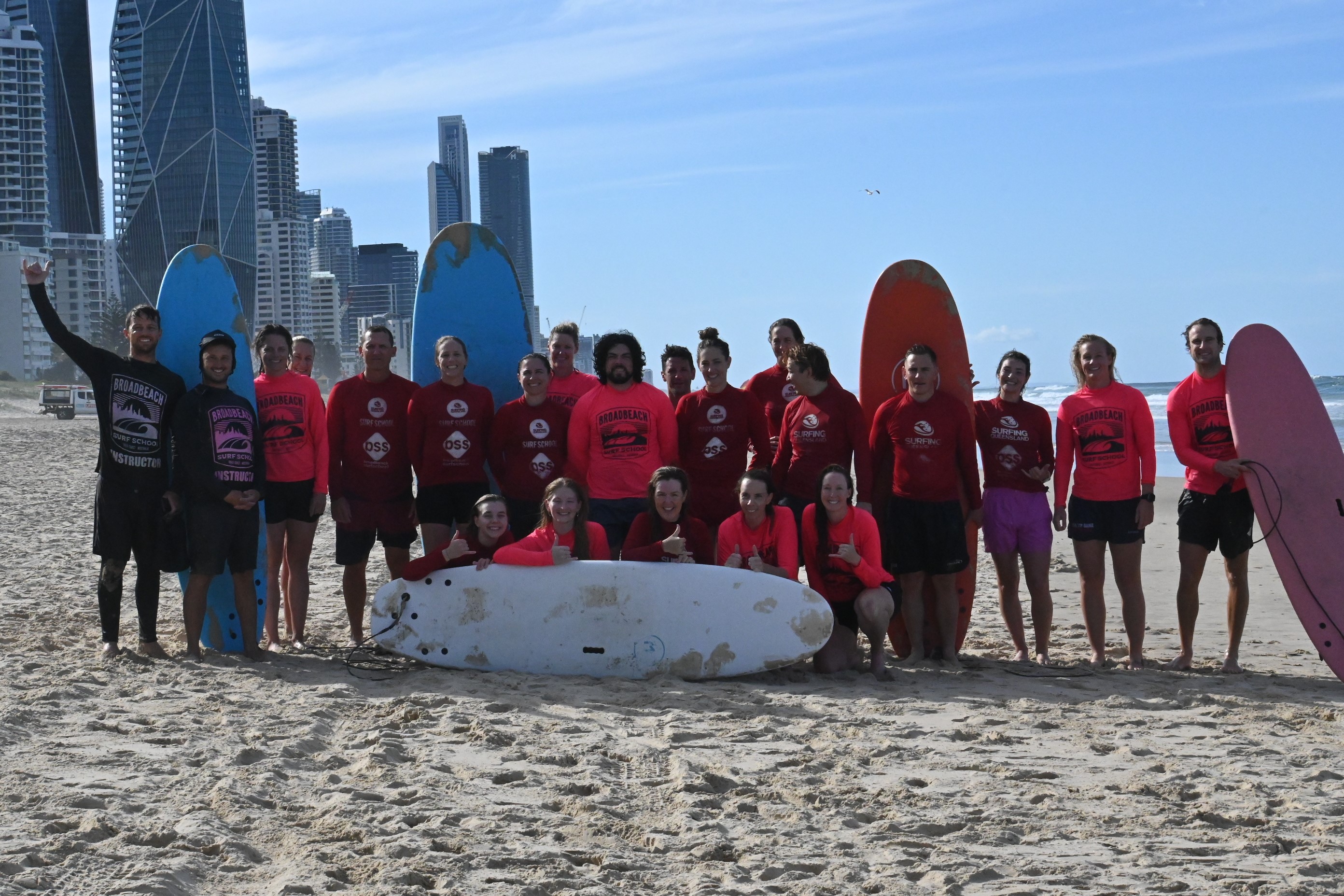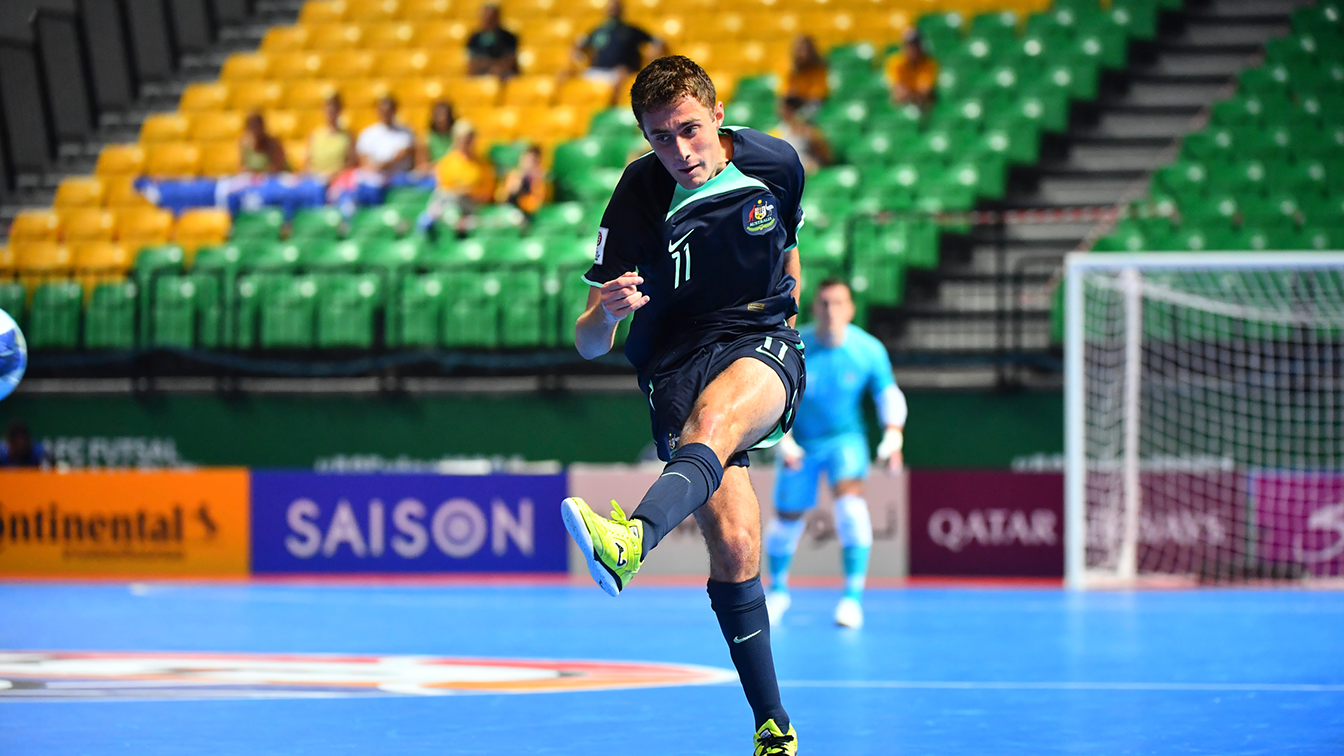A social development program based on LEGO® therapy, combined with robotics, may have the potential to reduce school absenteeism for autistic teenagers, which is currently three times higher than their peers.
LEGO® therapy uses toy bricks as a tool to help autistic children interact through play and develop their communication and social skills.
Developed by clinical neuropsychologist Dan LeGoff in the early 2000s, the therapy encourages participants to work together in groups, adopting and performing three rotating roles to complete a model.
In the first phase of a trial supported by the Channel 7 Children’s Research Foundation, Flinders University, Griffith University and Autism SA experts assessed if an eight-week rollout of the LEGO® Robotics therapy program reduced the anxiety levels of autistic teenagers while improving their social skills, motivation, and school engagement.
24 South Australian autistic teenagers between the ages of 13 and 16 took part in the study. They worked in groups of three, building and solving challenges using an EV3 LEGO® Robotics kit. The researchers asked the teenagers questions about their experiences with the program and interviewed their teachers and parents to evaluate the overall benefits.
While the first stage of the program did not show quantitative improvements in children’s social skills or anxiety levels, it did show early signs that LEGO® Robotics therapy may be a drawcard for children to come to school.
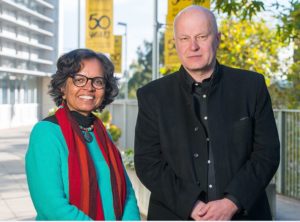
“While parents and teachers both noticed that the LEGO® Robotics therapy sessions improved school attendance for some students, only a longer and larger trial can determine if this is in fact a consistent result for this program,” says speech pathologist and the lead researcher within the Disability & Community Inclusion and the College of Nursing & Health Sciences, Associate Professor Pammi Raghavendra.
“The program enabled children to focus on an activity that allowed for social and communication skills to develop in a natural way. The positive feedback we’ve received from families and teachers following the LEGO® Robotics program, focussed on new and different social connections with peers, and increased knowledge and skills.”
“It’s important to note that we did see a lot of variability, which may be due to the roll-out of the program during the COVID-19 pandemic and the short length of the program. There might have been higher levels of anxiety with all participants in terms of the pandemic and the impact on everyday life, including possible school closures, so further research may provide a better understanding of the programs benefits without the impact of COVID-19 and associated shutdowns.”
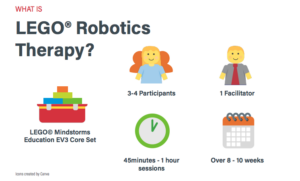 The findings of the LEGO® Robotics trial were presented by Dr David Hobbs and Ms Kimberly Steele from Blackwood High School at a free event, “Gaming and LEGO® Robotics with autistic students: Learnings and outcomes.”
The findings of the LEGO® Robotics trial were presented by Dr David Hobbs and Ms Kimberly Steele from Blackwood High School at a free event, “Gaming and LEGO® Robotics with autistic students: Learnings and outcomes.”

Co-researcher from the College of Science and Engineering and the Medical Device Research Institute, Dr David Hobbs, says the first phase trial shows that the LEGO® Robotics program for autistic teens can be fun, enjoyable, and run-in schools, but it must have a dedicated space to run smoothly.
“Overall, most of the students enjoyed and got a lot out of the LEGO® Robotics sessions, and the way that the students interacted during the sessions was really interesting to observe. We recorded comments from participants that indicated they felt they improved their social skills by engaging with people they wouldn’t normally meet or interact with at school, so the program was able to facilitate that in a safe and welcoming way”.
One of the main outcomes of the grant funded project is the development of a free LEGO® Robotics Guide, which provides step-by-step instructions, tips and multiple resources on how to run a LEGO® Robotics program for autistic teens.
The Guide can be downloaded via this link.


